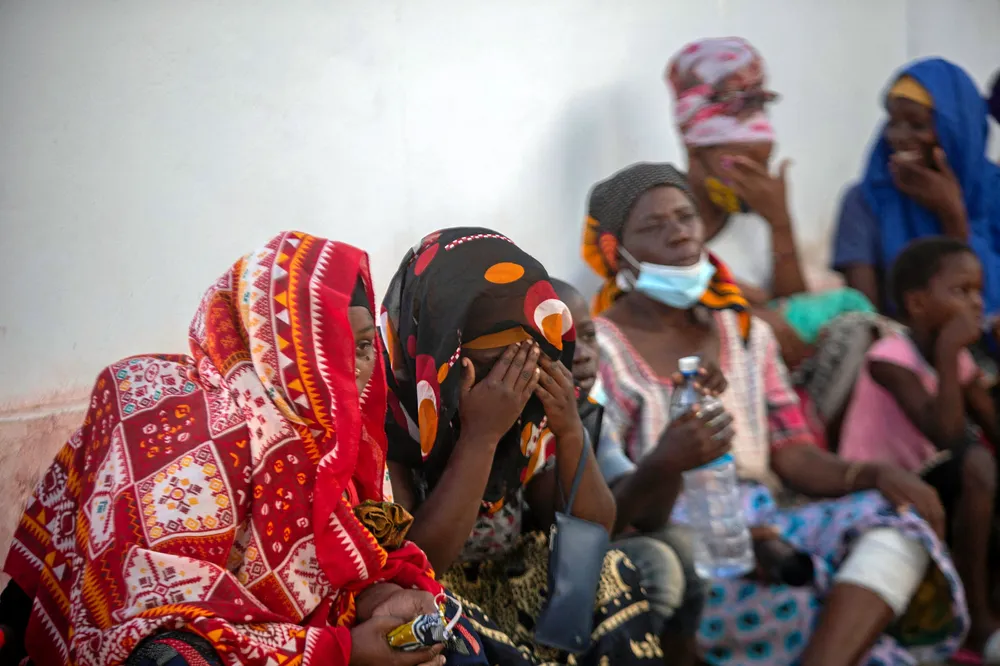'Monster insurgency': Maputo must address militant grievances while boosting Palma security
Regaining control of Palma is immediate priority, but government must create incentives for insurgents to lay down arms

Regaining control of Palma is immediate priority, but government must create incentives for insurgents to lay down arms
